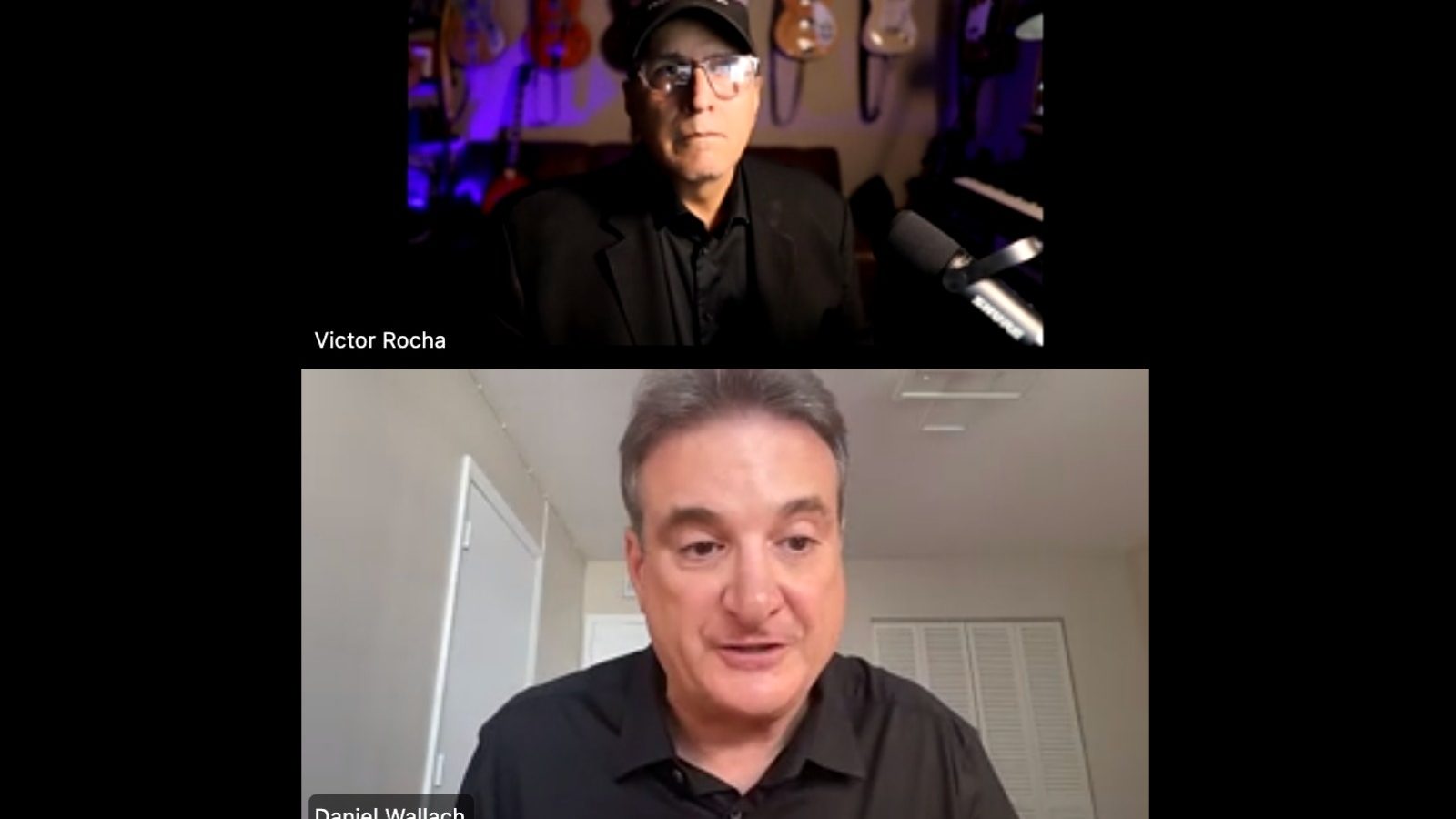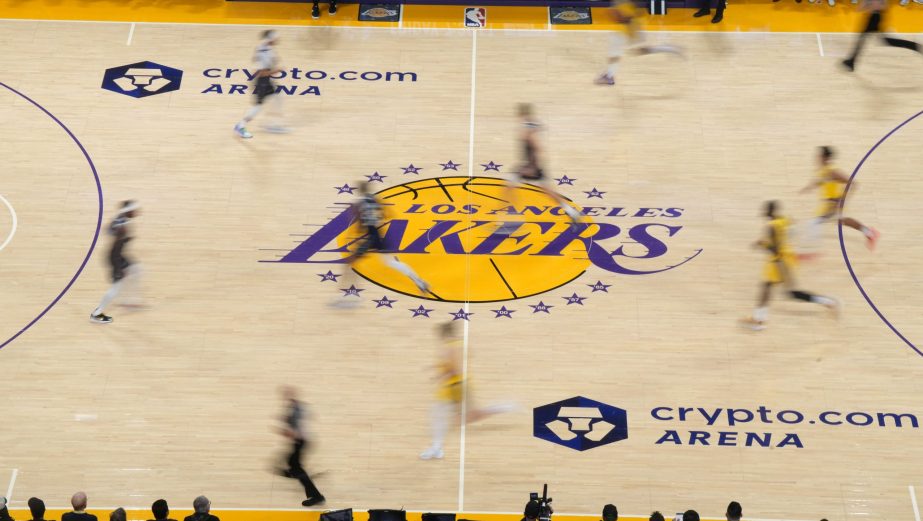The rise of prediction markets, Kalshi in particular, can be traced to the Trump family’s desire to make money, a gaming attorney said Wednesday during a “New Normal” webinar.
Attorney Daniel Wallach pointed to President Donald Trump’s support of prediction markets and his son’s involvement, as key reasons why the markets, which digital sports betting companies want excluded from their purview, are on the rise.
“Follow the money,” Wallach said, during the webinar, titled “Too Big to Fail — Prediction Market’s Race to Dominate U.S. Gaming Before the Courts Catch Up,” co-hosted by Indian Gaming Association (IGA) Conference Chair Victor Rocha and IGA Executive Director Jason Giles.
The opportunity for the markets, which offer sports event contracts that states and tribes say encroach on their exclusivity, to proliferate comes during a unique political time, Wallach said. He suggested if anyone other than Trump were president, Kalshi would not have been able to exploit the current political uncertainty for its own gain.
Kalshi offered its first sports event markets shortly after Trump’s swearing in last January, and since then the Commodity Futures Trading Commission (CFTC) has been gutted. The agency that oversees derivatives markets is down to a single commissioner, and the Trump White House abandoned its nominee to head the agency after political pushback. There is no current nominee, and the agency continues not only to allow its licensees to self-certify markets, or did so up until the government shutdown prevented it from processing more self-certifications, but Wallach says the CFTC has also failed to enforce its own regulation that he argues does not allow for gaming contracts. Kalshi has generally argued the rule in question is not a total ban on gaming contracts, but just allows the CFTC to ban them if it wishes.
“The CFTC has been infiltrated and captured by the Trump rule,” Wallach said. “That’s the political power base and who wants to have this happen?”
AGA: NHL ‘move sends troubling message’
During a dynamic and enthusiastic discussion about Indian Country’s role in keeping prediction markets out of gaming, Rocha and Wallach also touched on the news Wednesday that the NHL had become the first professional sports league to partner with prediction markets. The league announced a deal with Kalshi and Polymarket.
The partnerships seem curious given how reticent U.S. professional leagues initially were to embrace legal sports betting and how hard they lobbied for strict consumer protections around legal sports betting. Kalshi does offer limited responsible gambling tools through its “Consumer Protection Hub” and is partnered with integrity monitor IC360, but the offerings are far less stringent and comprehensive than those mandated by state regulators.
The American Gaming Association (AGA) released a scathing statement about the NHL partnership.
“The NHL’s decision to license its intellectual property to Kalshi and Polymarket — a pair of prediction markets operating outside of state-regulated gaming frameworks is deeply concerning,” AGA President Bill Miller said in a statement. “Contrary to the league’s claims, the future of these platforms is far from certain, evidenced by the legal proceedings in multiple states, the view of well over half of the nation’s attorneys general, and state regulators determining these platforms to be illegal.
“This move sends a troubling message: that integrity, responsibility, and clear legality are optional in sports gaming. The platforms fail to comply with essential standards.”
Though Miller and the AGA have not addressed it, the fight against Kalshi is also a fight against someone who used to be one of their own. Kalshi’s Head of Corporate Development Sara Slane is a former AGA executive who has come under fire of late. Wallach had no issue calling her out: it “really irritates me to hear someone like Sara Slane who used to champion state regulation is now insulting [state regulators] by calling them casino and slot machine regulators. They are gaslighting.”
Besides the limited responsible gaming offerings, the minimum age to purchase a sports event contract is 18 vs. the almost universal minimum of 21 in U.S. states. Of the 40 legal jurisdictions, all but four have a minimum betting age of 21.
“This is probably the most at-risk group,” Wallach said. “And then you tack on the lack of responsible gaming tools, etc… reputationally for the leagues, that could come back to roost sooner than later.”
It seems possible that the NHL will, at least for the moment, be the only professional league to partner with prediction markets. The NBA in May wrote a letter to the CFTC pointing to the “lack of oversight” and outlining concerns about integrity risks. Commissioner Adam Silver Wednesday on the Pat McAfee Show called for even more stringent guidelines in traditional state-regulated sports betting, and in September, NFL Vice President and Chief Compliance Officer Sabrina Perel said: “Our view is that these platforms mimic sports betting and that they are covered as prohibited conduct under our policy, and that will be for all of our personnel.”
A shift in the judiciary?
The NHL news is an example of what Wallach initially pointed to — the slowness of states to react to prediction markets allows them to become part of the fabric of society. Kalshi is currently in federal court with four states, and two tribal groups, and in state court with Massachusetts. There are also federal cases involving Crypto.com and Robinhood. More states and tribes must step up, Wallach said, as the legal pendulum has begun to shift.
The Fourth Circuit in Maryland was the first to rule that Kalshi could not operate within state borders, though the state and Kalshi agreed that it would remain live until the case is resolved.
On Oct. 14, the U.S. District Court for the District of Nevada released an explanation of why Judge Andrew P. Gordon did not grant Crypto.com’s request to continue operating. The decision was at odds with a previous Nevada decision, also made by Gordon, to allow Kalshi to continue to operate, but Wallach said that not only did the judge have more time to explore the issue, he addressed whether or not sports event contracts are “swaps,” — a type of financial contract used primarily for hedging risk — which he did not discuss in the Kalshi ruling.
In the Crypto.com ruling, Gordon wrote that while the CFTC has the “exclusive jurisdiction” over swaps, that he views the occurrence of an event — i.e whether a game happens — as a swap, but not the result. Wallach said this ruling, coupled with the Maryland decision, shows a change in thinking on the judicial side, and expects that pending decisions in the California Blue Lake Rancheria case and a case in Massachusetts, could further hurt Kalshi.
In both cases, the plaintiffs are asking that Kalshi geofence their jurisdictions and not be allowed to offer their sports contracts within the state. Wallach said a decision favoring either the California tribes or Massachusetts would “further weaken” one of Kalshi’s arguments, as it has written that it is required to offer “equal access” to its products across the U.S. The three California tribes and Kalshi are scheduled to be in court Thursday to argue the tribes’ motion for a preliminary injunction.
Tribal participation has been critical
But in the bigger picture, Wallach said that states and tribes must get off the sidelines and get into court if they want Kalshi off their playing fields.
“We need more states in the battleground, much more engagement, testing the limits in more circuit courts, and fighting in the courts,” he said.
He also said the shift in the judiciary may in part be because of well-written and well-thought-out tribal amicus briefs. He called the tribal legal team a “dream team” that has been better able to leverage the idiosyncrasies of federal law than state attorneys.
“Until the tribes joined, the states were getting their asses kicked,” Wallach said. “No disrespect to the states, but they went in-house … the states got caught off-guard, and their initial briefs were weak, and [Kalshi legal team] Milbank [LLP] took advantage. And now, the states are starting to hire better firepower. It was like the New York Yankees vs. the Tidewater Tides … any state attorney that gets mad at what I say, I’m not saying you need to be replaced, but working in tandem [with tribal and lawyers experienced in federal court]. States are used to working in state law, but this about the nuance of federal law.”
In general, tribal lawyers would be more experienced working in federal court because tribes do not have standing in states. Most tribal lawsuits, therefore, take place in federal court. The current lawsuits also bring into question preemption — both at the state and federal levels. A key issue in the prediction market debate in relation to Indian Country is whether or not the Indian Gaming Regulatory Act or the Commodities Exchange Act take precedence — and tribal lawyers are well versed in IGRA and Congress’ intent when it was passed in 1988.
Florida, Seminoles should file suit
The Seminole Tribe in Florida and the state, Wallach said, are prime examples of those who should get involved. The Seminoles have a state-approved monopoly on gaming and digital sports betting, and prediction markets are cutting into the tribe’s profits and the how much the tribe is paying the state in revenue share.
“If [Florida Gov. Ron] DeSantis doesn’t want to cross Trump, well the tribes have already signed onto amicus briefs” in several states, Wallach said. “State issues and federal issues could drive Kalshi out of Florida tomorrow …because this all boils down to congressional intent.”
As the landscape continues to evolve, tribes and states are “the good guys,” but will need action to prevail, Wallach said.
“You can win this, but it requires all hands on deck, no apathy,” Wallach said. “You are on the right side of the law, but you have to fight it.”







